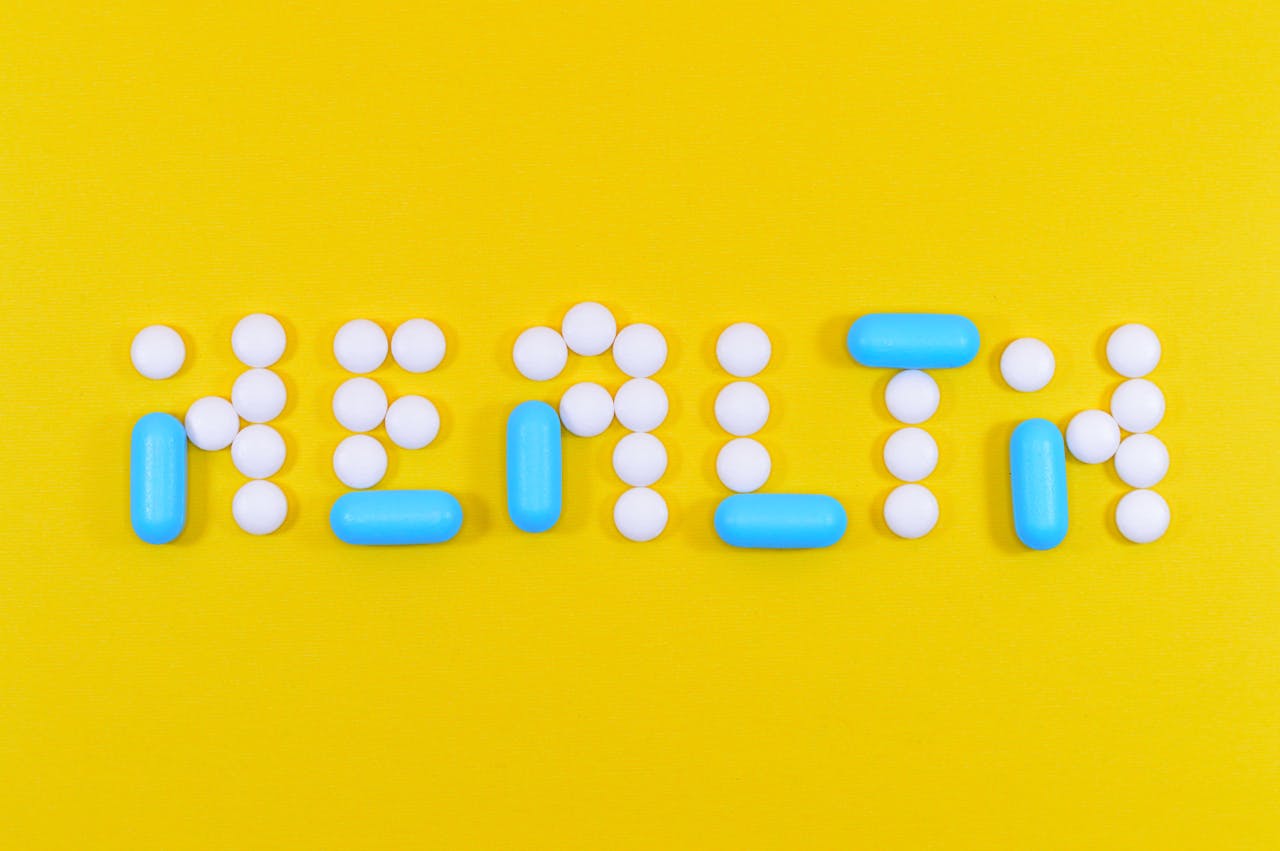The impact of social media on mental health is a topic of considerable interest and research. Social media platforms have become integral to daily life, offering both benefits and drawbacks in terms of mental health. Here’s an overview of the key points:
Benefits of Social Media on Mental Health
- Connection and Support:
- Community Building: Social media helps individuals connect with friends, family, and communities, which can provide emotional support and a sense of belonging.
- Support Groups: Platforms like Facebook and Reddit host numerous support groups where individuals can share experiences and seek advice on mental health issues.
- Awareness and Education:
- Mental Health Awareness: Social media campaigns and influencers can raise awareness about mental health issues, reducing stigma and encouraging people to seek help.
- Educational Content: Many organizations and individuals use social media to share information and resources about mental health, promoting better understanding and self-care.
- Creative Expression and Identity:
- Self-Expression: Platforms like Instagram, TikTok, and YouTube allow users to express themselves creatively, which can be therapeutic and enhance self-esteem.
- Identity Formation: Especially for adolescents, social media can be a space to explore and affirm their identities.
Drawbacks of Social Media on Mental Health
- Anxiety and Depression:
- Comparison and Envy: Constant exposure to idealized images and lifestyles can lead to feelings of inadequacy and low self-esteem, contributing to anxiety and depression.
- Cyberbullying: Negative interactions, including cyberbullying and harassment, can have severe psychological effects.
- Addiction and Sleep Disruption:
- Addictive Behaviors: Excessive use of social media can lead to addictive behaviors, where individuals feel compelled to check their feeds constantly, impacting daily functioning.
- Sleep Disruption: The blue light from screens and the habit of late-night scrolling can interfere with sleep patterns, which are crucial for mental health.
- FOMO (Fear of Missing Out):
- Social Comparison: Seeing others engage in activities and events can create a fear of missing out, leading to stress and anxiety.
- Distorted Reality:
- Misinformation: Exposure to inaccurate information about mental health treatments and conditions can be harmful.
- Unrealistic Expectations: Social media can present a distorted reality, leading users to develop unrealistic expectations about life and relationships.
Research Findings
- Positive Correlation: Some studies suggest a positive correlation between social media use and mental health problems, especially among adolescents and young adults.
- Moderating Factors: The impact of social media on mental health can depend on various factors, such as the nature of use (active vs. passive), the individual’s baseline mental health, and the quality of interactions.
Strategies for Healthy Social Media Use
- Mindful Usage: Being mindful of the time spent on social media and the nature of interactions can help mitigate negative effects.
- Curating Content: Following accounts that promote positivity and mental well-being can create a healthier online environment.
- Taking Breaks: Regular breaks from social media can prevent feelings of overwhelm and reduce dependency.
- Seeking Professional Help: If social media use is significantly impacting mental health, consulting a mental health professional is advisable.
Overall, while social media has the potential to positively influence mental health by providing support and community, it also poses significant risks that need to be managed through mindful and balanced use.

